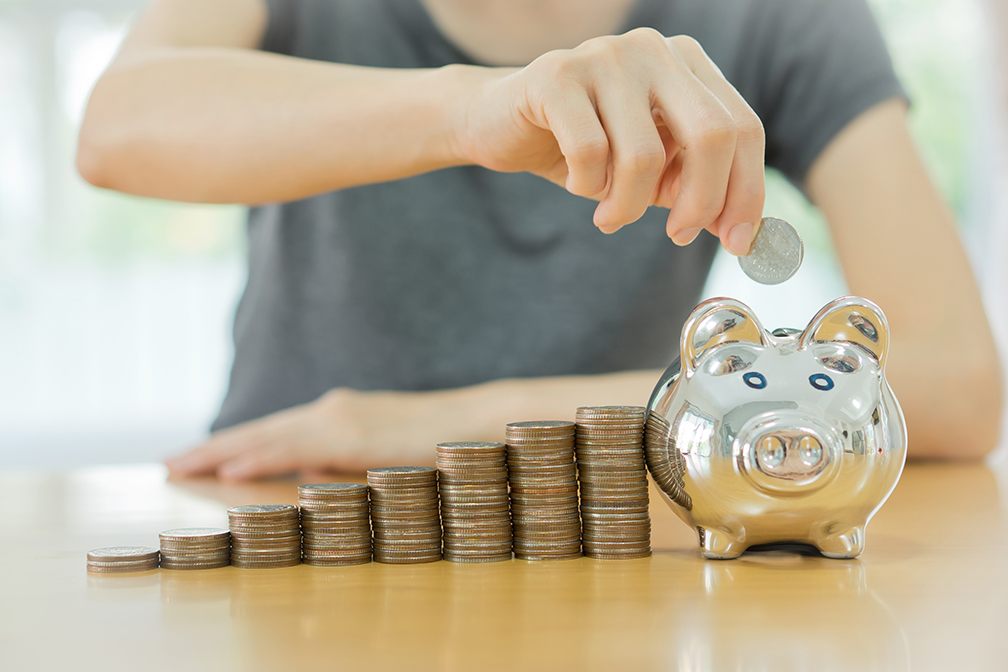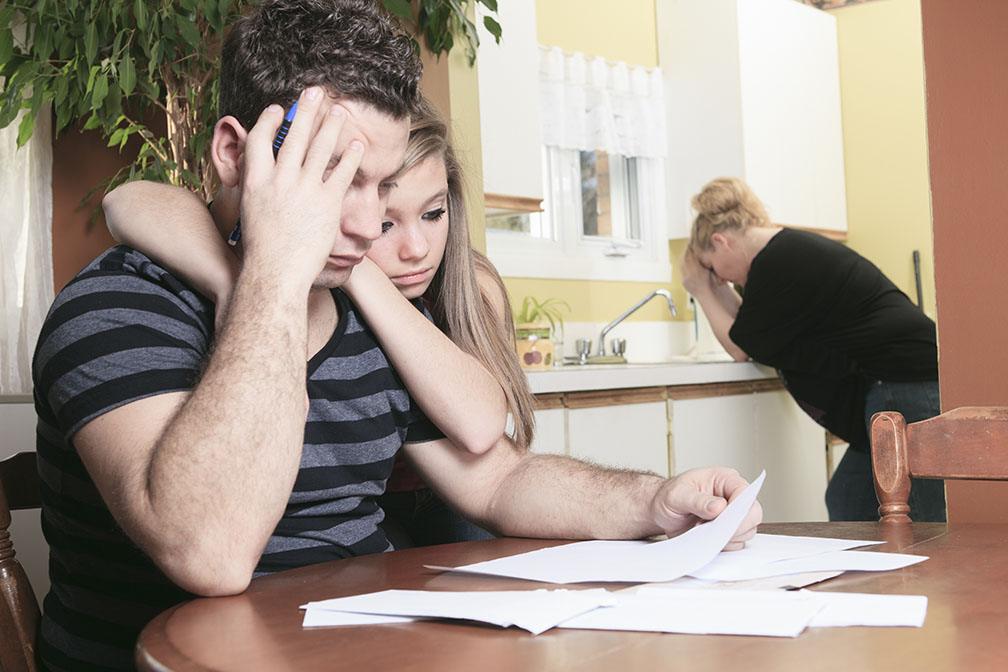 Are you thinking about buying a new home? If you are going to take out mortgage financing, one consideration you will have is your down payment, which is the amount you pay up front in cash to cover some of the purchase cost. Let’s consider a few points that will help you to decide how much is the right amount for your down payment.
Are you thinking about buying a new home? If you are going to take out mortgage financing, one consideration you will have is your down payment, which is the amount you pay up front in cash to cover some of the purchase cost. Let’s consider a few points that will help you to decide how much is the right amount for your down payment.
How Much Do You Have?
The most obvious question you will need to answer is: how much do I realistically have to place as a down payment? Keep in mind that your down payment is money that you aren’t going to see again until you sell your home. While you want to invest a significant amount for reasons we will share below, you still need to maintain a cash cushion of a year’s salary or so in case you fall ill or lose your job.
More Down, Less Monthly
The main case for putting as much as you can into your down payment is that the more you invest, the less you have to borrow. This means that over time, you will pay less interest and you will also have lower monthly payments. Keep in mind that with today’s low interest rates it’s a bit less of a burden to carry a large mortgage. However, these rates may swing upwards over the years, which will increase your costs.
The Need For Private Mortgage Insurance
If you’re going to put less than 20 percent down on your home, you’re almost certainly going to be required to purchase mortgage insurance. There are numerous options available to you, including those offered by the Federal Housing Administration or FHA. Your mortgage lender will share this and other private insurance policies that will protect you.
Don’t Forget About Lost Opportunity Cost
Finally, don’t forget to factor in the lost opportunity cost that comes with investing a large down payment. Unless you have a terrible money manager, your mortgage interest rate is likely to be less than you would be able to make investing the difference in your financial portfolio. If you’re thinking about putting an extra $50,000 in your down payment, consider that you might be able to make 5 to 10 percent on that over the next decade. There are no guarantees in investing, so speak with a professional for further guidance.
It’s not easy to choose the perfect amount for your down payment. If you have further questions or would like to know more about your mortgage options, contact us today. We’re happy to share our experience to help you choose the best mortgage for your new home.

 Are you ready for home ownership? The prospect of owning your own house or apartment is an exciting one, but with any financial transaction this large there are some things to consider. The first is your down payment – that is, the initial payment you’ll put against the cost of the house to reduce the amount that you’re borrowing in a mortgage. Let’s have a look at four habits that will help you to get your down payment saved up faster.
Are you ready for home ownership? The prospect of owning your own house or apartment is an exciting one, but with any financial transaction this large there are some things to consider. The first is your down payment – that is, the initial payment you’ll put against the cost of the house to reduce the amount that you’re borrowing in a mortgage. Let’s have a look at four habits that will help you to get your down payment saved up faster. In these days of low interest rates, it can be a great idea to get into the real estate market and invest in a home. However, if you don’t have the funds saved up to buy a home outright, it may seem like more of a burden than it’s worth. The good news is that you might qualify for a mortgage loan, which tends to come with more favorable terms than a traditional bank loan. Here are three reasons why a mortgage might just be the best money you ever borrow.
In these days of low interest rates, it can be a great idea to get into the real estate market and invest in a home. However, if you don’t have the funds saved up to buy a home outright, it may seem like more of a burden than it’s worth. The good news is that you might qualify for a mortgage loan, which tends to come with more favorable terms than a traditional bank loan. Here are three reasons why a mortgage might just be the best money you ever borrow. Are you considering buying a home for the first time? For some, it can seem nearly impossible to come up with the funds for the down payment. Fortunately, there are a few ways that you can save a little over time and not have to borrow from the “Bank of Mom and Dad”. If you’re looking to invest in a home in the short-term and are looking for solutions to save up, here are some tips on how to get to your down payment amount more quickly.
Are you considering buying a home for the first time? For some, it can seem nearly impossible to come up with the funds for the down payment. Fortunately, there are a few ways that you can save a little over time and not have to borrow from the “Bank of Mom and Dad”. If you’re looking to invest in a home in the short-term and are looking for solutions to save up, here are some tips on how to get to your down payment amount more quickly. A mortgage is one of the most expensive purchases you’ll make in your life, and for many, the idea of being indebted to it for years can seem like quite a burden. However, while you won’t necessarily be able to pay off your home with instant savings, there are ways that you can pay it down more quickly. If you’re wondering how to drum up some extra money for your mortgage, you may want to consider the following options.
A mortgage is one of the most expensive purchases you’ll make in your life, and for many, the idea of being indebted to it for years can seem like quite a burden. However, while you won’t necessarily be able to pay off your home with instant savings, there are ways that you can pay it down more quickly. If you’re wondering how to drum up some extra money for your mortgage, you may want to consider the following options.